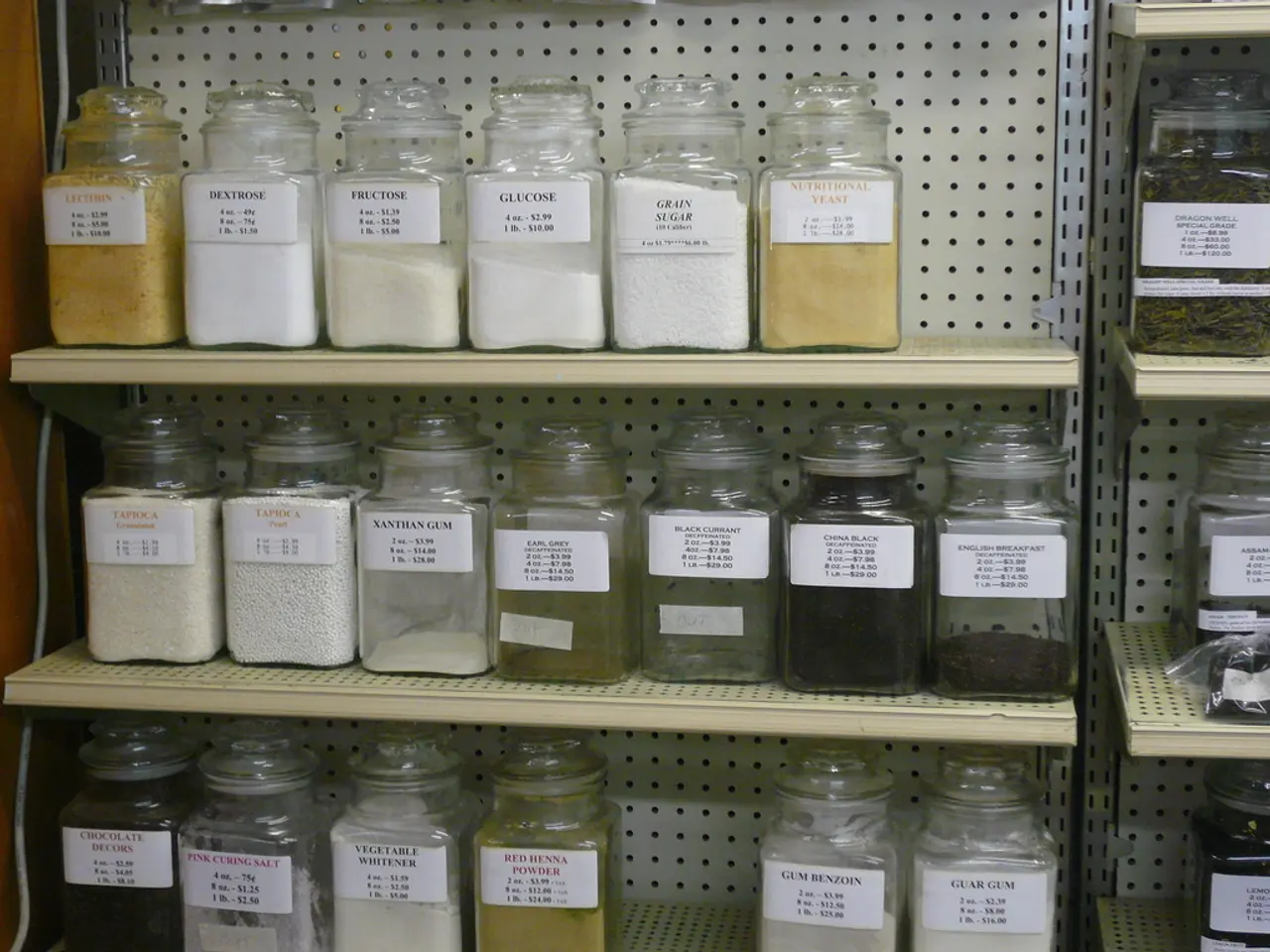Daiser Unveils Collaboration with EPSRC's EdgeAI Hub to Propel Digital Healthcare Progress
In a significant move towards advancing digital healthcare, Daiser, a newly created modular digital health platform, has partnered with the Engineering and Physical Sciences Research Council (EPSRC) EdgeAI Hub. This collaboration aims to harness edge AI technologies to develop digital twins and AI agents, revolutionizing patient care and addressing unique privacy and security challenges in digital healthcare.
Since its launch in 2024, Daiser has positioned itself at the forefront of digital healthcare innovation. The company's platform enables healthcare providers to deliver personalized, proactive, and data-driven care to patients, while streamlining workflows and reducing administrative burdens.
The EPSRC's EdgeAI Hub, dedicated to uniting the UK's expertise in artificial intelligence and edge computing across academia, industry, and the public sector, shares this vision. Professor Rajiv Ranjan, Director of the EdgeAI Hub, expressed that this partnership is a significant step towards developing secure, efficient, and patient-centric healthcare solutions.
The partnership is focused on enhancing data quality, ensuring patient confidentiality, and improving the resilience of healthcare systems against cyber threats. Key developments include collaborative research projects, prototype development, workshops, and funding for pilot programs.
Through joint research efforts, they are developing AI models optimized for edge devices, aiming to deliver real-time, low-latency healthcare analytics directly on medical devices and wearable sensors. Together, they are working on prototype systems that demonstrate how edge AI can improve patient monitoring, diagnostics, and personalized treatment, reducing reliance on cloud-based processing and enhancing data privacy.
The partnership is also organizing workshops and seminars that bring together experts from AI, healthcare, and embedded systems to foster innovation and identify critical challenges in deploying edge AI in healthcare contexts. Supported by EPSRC funding, they are piloting edge AI solutions in clinical environments to validate their effectiveness and refine technology for scalability.
Digital twins and AI agents, virtual replicas of physical entities used for better digital mapping, understanding, and predicting real-life healthcare issues, are expected to be a key focus in the medical device manufacturing industry. These technologies are expected to revolutionize patient care by enabling more accurate diagnostics, personalized treatment plans, and continuous health monitoring.
In addition to this partnership, Daiser has secured a spot on Google's AI accelerator programme and signed a major agreement with the UK's Digital Health Hub. For the most current details, monitoring official announcements from Daiser and the EPSRC EdgeAI Hub is recommended. This collaboration is indeed a promising step towards a future where digital healthcare is secure, efficient, and patient-centric.
- This collaboration between Daiser and the EPSRC EdgeAI Hub, leveraging artificial-intelligence and edge computing, aims to develop digital twins and AI agents, revolutionizing patient care in digital health and medical devices.
- The partnership is focused on improving the resilience of healthcare systems against cyber threats, developing AI models optimized for edge devices, and enhancing patient monitoring, diagnostics, and personalized treatment through the use of technology.
- In the medical device manufacturing industry, digital twins and AI agents are expected to play a significant role, enabling more accurate diagnostics, personalized treatment plans, and continuous health monitoring through health-and-wellness improvements.




